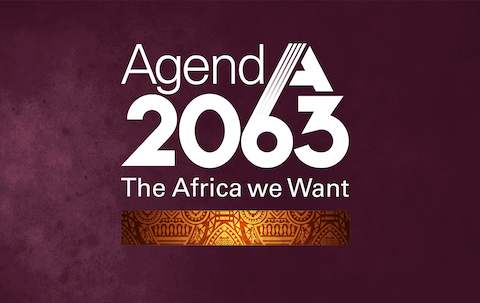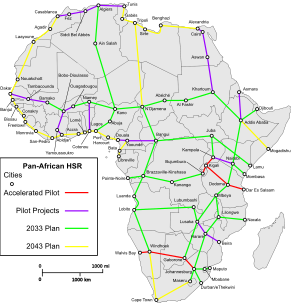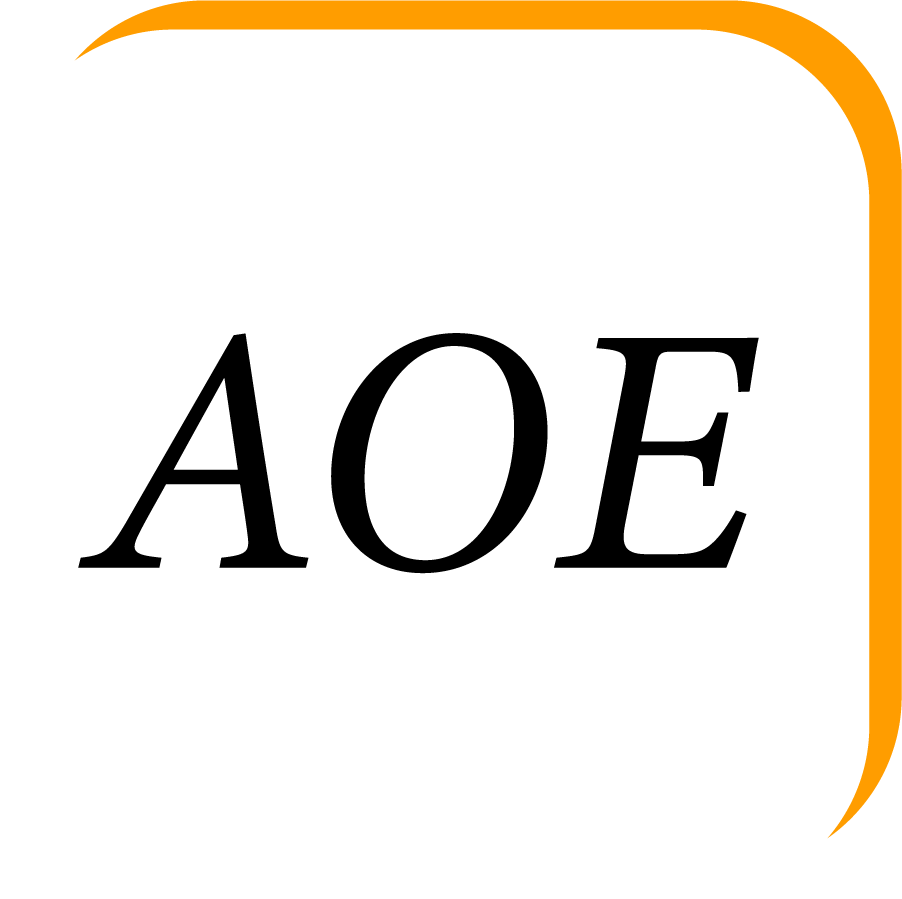Interview with Charles Wangadya, senior policy officer at the African Union Commission’s Office of Strategic Planning and Delivery.
Question:
What is Agenda 2063 and how has it been going so far?
Answer:
One of the challenges Agenda 2063 has struggled with is awareness of the Agenda itself.
Agenda 2063 is a 50-year plan developed by African leaders to ensure that the continent transforms itself over the next 50 years.
Since 2013, we have been on a journey to implement the first 10 year implementation plan of Agenda 2063.
Agenda 2063 consists of five 10-year strategic plans.

Question:
Within the first ten years, what has been accomplished so far with Agenda 2063?
Answer:
In terms of achievement under Agenda 2063, one of those has been the launch and implementation of the African Continental Free Trade Area. The African Continental Free Trade Area is a flagship initiative under Agenda 2063.
A number of projects were identified as accelerators when the Agenda was being developed.
The implementation of the CFTA, the Continental Free Trade Area was one of them.
Almost all countries have ratified that treaty establishing the trade area and some countries have also started trading. That is one area that I can say that we have successfully achieved.
Question:
What communication methods does the African Union use to convince member states and member countries to follow the policies and guidelines it has outlined?
Answer:
Agenda 2063 is just a framework, it is the bare minimum that we are expecting from our member states.
This is not an agenda developed by the African Union Commission, but rather by member states through consultative processes where they were asked what they wanted Africa to look like in 50 years.
Various consultations were held with the youth, with the civil service, with religious organizations, etc., so Agenda 2063 is the agenda of the people.
The African Union just guides and provides policy equivalence.
Question:
An African passport is a very important topic. What is the current status of this issue?
Answer:
The African passport is one of the African Union flagship projects.
For us to have the free movement of people, we need member states to sign to that protocol. At the moment I don’t have the statistics of head, but I know that at least five countries have ratified this protocol.
Rwanda is one of them, and Kenya has just mentioned it.
A lot of work is being done in that direction to ensure that all member states ratify this protocol establishing the free movement of people and the African passport.

You may recall that in East Africa there is the East African passport and in West Africa there is the ECOWAS passport.
We can use some of these and we could use these as building blocks, so that if we can take advantage of having regional passports, then obtaining an African passport will be a lot easier.
Once those blocks have agreed, the African passport will become easier to obtain.
Question:
What is in Agenda 2063’s second phase?
Answer:
In Phase 2, by 2033, we want to reach a point where all African member states will be in middle income status at least.
It is the intention of the African Union to work closely with all member states to ensure that no country is left behind in order to achieve the objective of having all of our member states in the middle income category.
High-speed train networks are also another flagship project for Africa.
We want to have a train network that connects Cape Town with Cairo, that connects Senegal Far West with the Far East, and so on.

Question:
The African Union is often talked about being externally funded.
If the AU does not control its finances, how can it accomplish its initiative for Africans?
Answer:
The African Union is undertaking a number of initiatives to ensure that Africa funds its own development. In the past we have had initiatives for Africa, but they did not take off because most of the funding was coming from outside.
Now what Agenda 2063 brings on table is that we have a resource mobilization strategy for the implementation of Agenda 2063.
This resource mobilization strategy basically aims at ensuring that resources are mobilized for the implementation of Agenda 2063.
